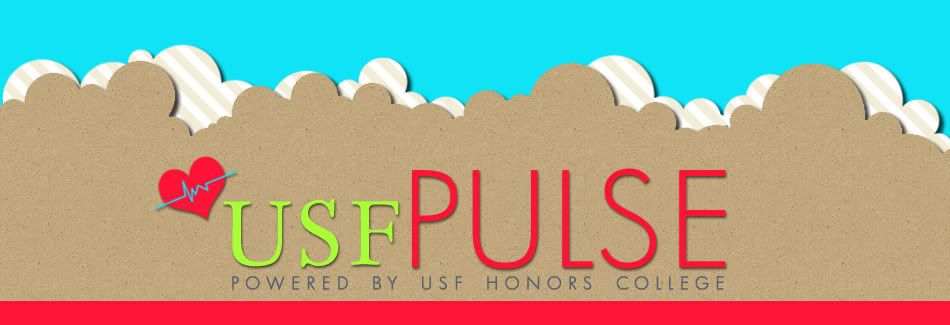
Okay, so the thing about Match Day is that what you perceive it to be and what it really is are two different things. At least for me.
Here are the facts: 4th year medical students gather with family and friends and the staff of the medical college to open envelopes one by one that will tell them where they are going to spend the next three, five, or six years of their lives. Many have an idea of where they will be going; many don’t. Here is a place where hopes and dreams and visions of the future are either realized, moderately diminished or completely crushed. For over 100 medical students. In front of hundreds of other people.
Sounds like a great set up for an episode of some primetime basic cable drama right?
Wrong.
While all those things above are true, in reality, Match Day is less like an epic televised mini-series and more like a big family barbeque with chicken wings, beer, a lot of infants being carried around, and the occasional rowdy uncle. The dramatically broad spectrum of emotion being felt is not overtly apparent to the casual observer. The fantastic, anxiety driven adventure you expect to find is in fact hidden in the hearts and minds of the students around which the event is centered and perhaps in those of their spouses and close family. On the surface it remains chicken wings and beer.
This is not to diminish the magnitude of the event or its effect on the participants in any way. It is simply an observation. A recognition of the disconnect between expectations and actual atmospheric conditions.
There is no song and dance at Match Day. The show, the only show, is comprised of our associate dean of student affairs calling out names, students coming down, opening envelopes and announcing what city and program they are headed to. Then everyone claps. It’s straight forward really.
The uniqueness of the event lies in its emotional peculiarity. Each student that opens an envelope is opening themselves up to the entire audience (which, thanks to live internet streaming, included people from all over the world). Whether they get exactly what they wanted, their very last choice or something in between, it all comes out in their face and tone of voice when they read that piece of paper. And everyone knows right then and there if you will be charging forward with your lifelong dream in the way (and place) you thought or whether you’ll spend the next five years of your existence in a city you never even wanted to visit. The day before, I pondered to myself, and out loud to my friends in the communications department, if this was the right way to do things. Should we really be placing people in a public arena when such a life changing piece of information is revealed to them? Especially when the content of that information is mostly a result of how well they performed in their primary focus (medical school) over the past four years. In what other profession is this done in? What right do we have to be spectators in a moment where someone could either emerge triumphant as after a tremendous battle or burn like Joan of Arc at the stake of their own calling?
This internal conflict I foresaw myself having on the day before was put mostly to rest by the associate dean’s simple disclosure at the start of the event that some students had opted to find out about their residency privately. So they are not forced to discover their fate in this public manner. They have a choice. But there is peer pressure. What will your fellow classmates think if you decide to open your envelope privately? Will that choice be made out of shame? Out of fear of possible embarrassment? Out of the feeling that you just weren’t good enough to get to where you wanted or needed to go?
I don’t know.
I am only in my first year.
But my guess is that a lot of these things come into play; that there is something much deeper to appreciate about this event then what is seen on the surface.
I’m not saying I agree or disagree with how match day works; I’m just saying it is something that should provoke conversation and a more profound examination of the emotional state of medical students. So I guess in that context, Match Day is a very good thing.
My thanks and my heart goes out to the dozens of students, triumphant and disappointed, who, for a moment in time, allowed me and hundreds of others to be the spectators in their Coliseum.



No comments:
Post a Comment